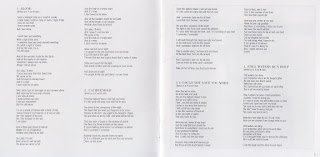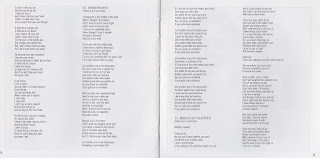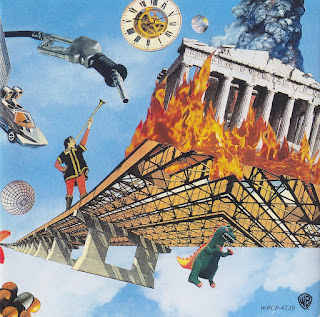"Alone" is a song by the Bee Gees. It is the opening track on their 1997 multi-platinum Still Waters and the first single released from the album. It is a pop ballad written by Barry, Robin, and Maurice Gibb, and it was recorded in 1996.
The track was a worldwide hit, peaking at number five in the United Kingdom for three weeks and at number two in New Zealand, where it was the tenth-highest-selling single of 1997. In Canada it reached number 20 and was the most successful adult contemporary song of 1997 according to RPM magazine. On the US Billboard Hot 100, the single peaked at number 28, making it the Bee Gees' 30th and final top-40 hit in the US, after being a Billboard "Hot Shot" debut at number 34.
Maurice Gibb explained about the track:
That was one of the first ones we wrote for the album. I really remember having a good time writing it. We were sort of set up in the studio here with the three of us just together and I got some bagpipe sounds. We were just screwing around. And BG programmed this groove on the computer. We thought it was cool. We don't actually go in and plan to write a ballad or an R&B song. We just say, 'Let's go that route.' And we'll follow it. And 'Alone' came out of that. I love the line 'I'm on a wheel of fortune with a twist of fate.' Because of the harmony and that chorus, it was like a bit of '50s as well. And I like the idea of being that sort of Beatlesque type of song. I wanted that rambling. That sort of Byrds type, the 12-string thing going, but we just did it with the bagpipes instead and made it all connect. It was a very exciting demo. We weren't too sure about the bagpipes, but Robin actually persisted. He said, 'They're great; you gotta keep the bagpipes.'
Barry and Robin Gibb alternate on lead vocals on the track, with both mostly using the group's trademark falsetto.
Two promotional videos directed by Nick Egan were made for the song.The first one, not shown in the United States, featured the brothers singing in a spinning room intercut with a female astronaut slowly removing her space suit in zero gravity, a homage to the opening of the 1968 sci-fi cult film Barbarella. The promo for the US featured the brothers recording the song in a studio, intercut with various clips of the brothers throughout the years, as well as segments of the original video.

















































